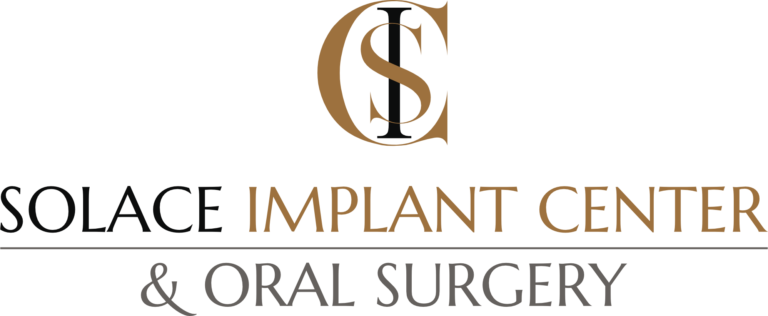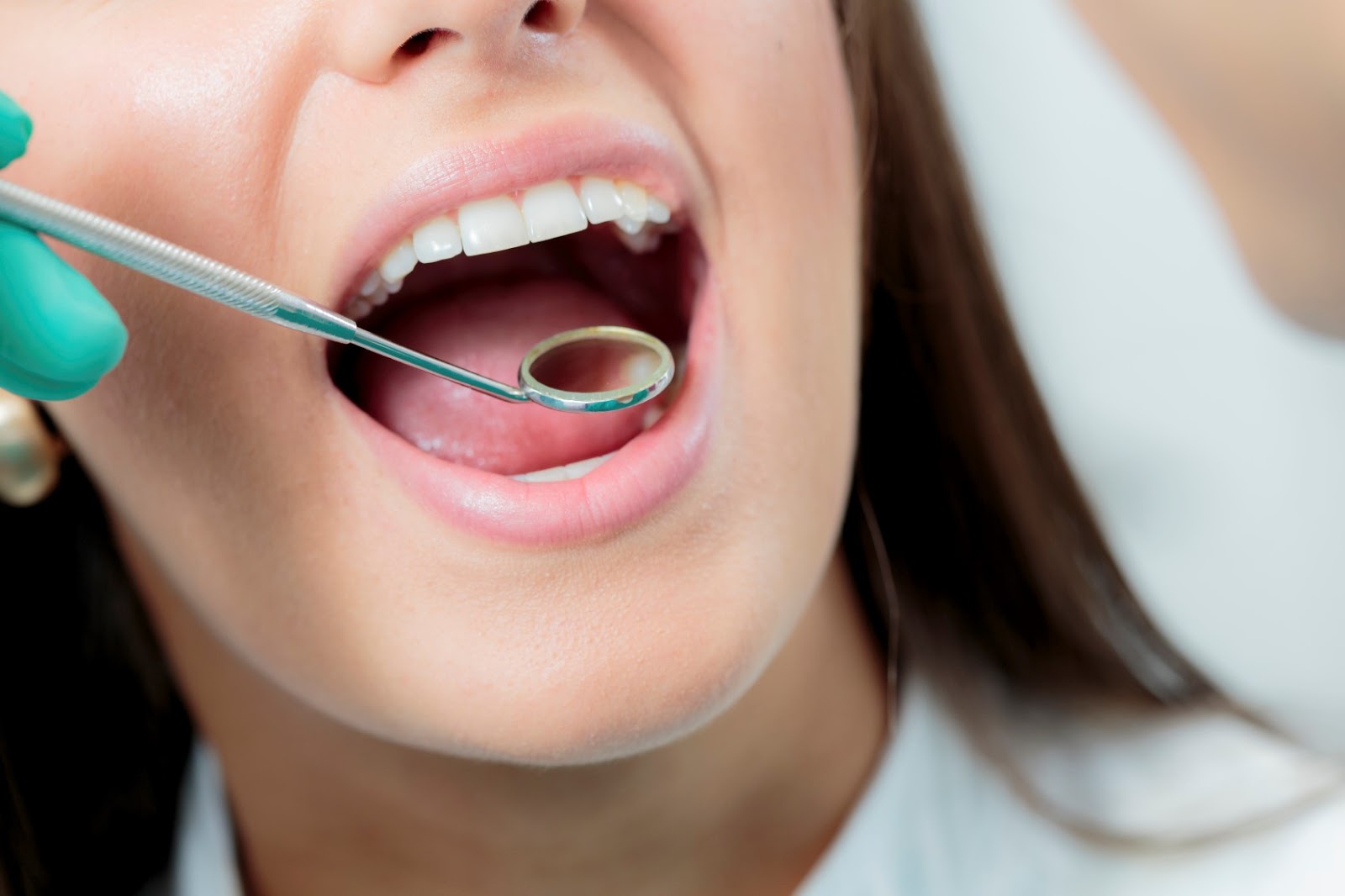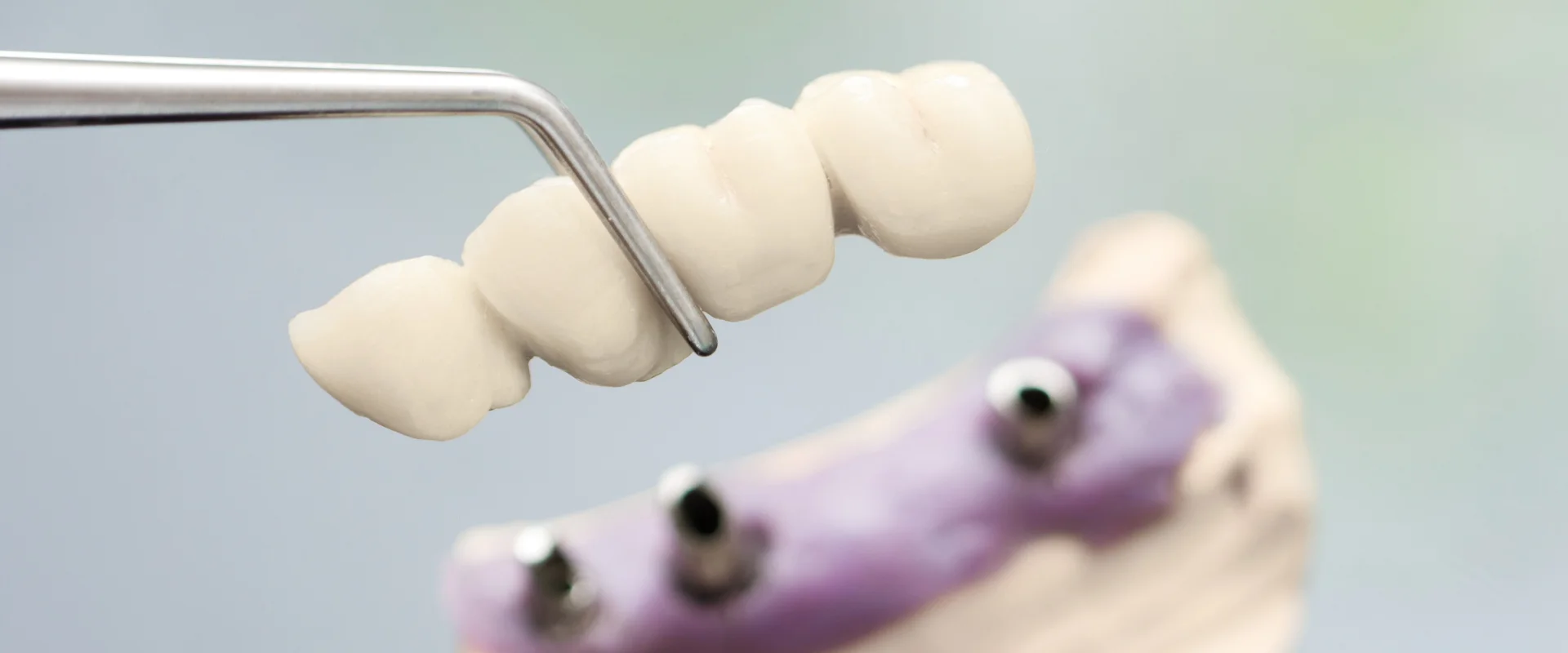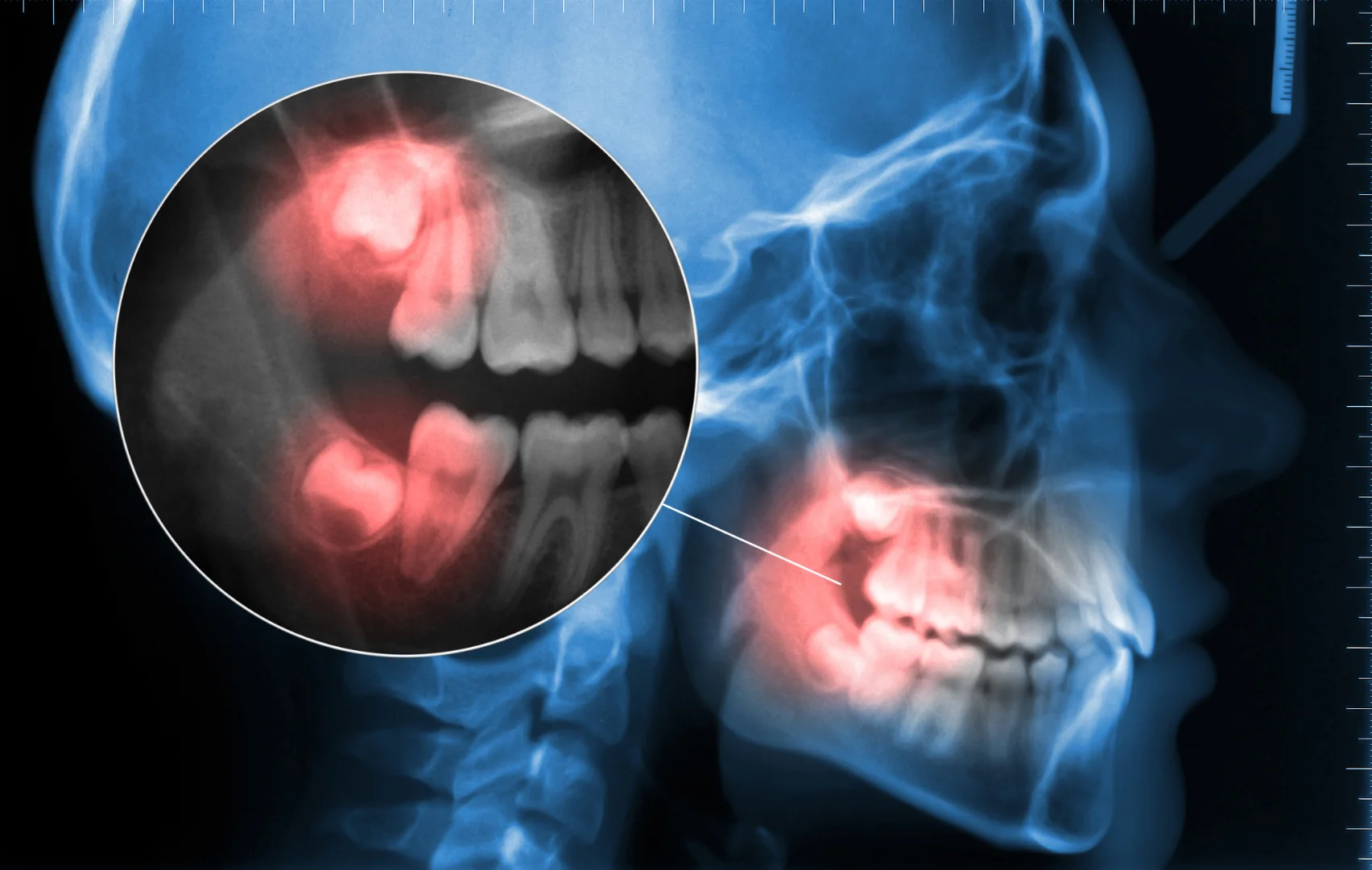Wisdom teeth are the last teeth to erupt in the mouth, typically appearing in the back teeth area as third molars. These molar teeth play a crucial role in grinding food, but often become problematic due to limited space. Wisdom teeth are usually removed during the teens or twenties years. Evaluation for wisdom teeth issues often begins in the mid teenage years, and early intervention in young adults can lead to a better treatment result. Some people put off this procedure or don’t have it done at all because of fear, or they think it’s not necessary. Education has improved, but most patients don’t know all they need to. Here are the reasons for wisdom teeth removal and the benefits.
What Are Impacted Wisdom Teeth, and Why Remove Them?
Wisdom teeth are defined as “each of the four hindmost teeth in humans, appearing at about age twenty.” That refers to the third and final set of molars. Getting them doesn’t mean immediate removal is necessary. To a point, wisdom teeth can be beneficial if they come in properly aligned. The problem is they are often misaligned or don’t come in completely. Some adults may not even have a full set; a small percentage have three wisdom teeth while some have only two.
Wisdom teeth often come in aligned horizontally or positioned away from the other molars, which can cause pain and make eating or drinking difficult. These teeth also make it harder to brush or floss because the misalignment makes them more difficult to reach. Therefore, wisdom teeth are likely to get dark spots, cavities, and other dental problems.
Sometimes wisdom teeth are impacted – meaning “trapped” or enclosed in the soft tissue, gums, or jawbone. Many of them break through only partially, leading to pain, swelling, and sometimes bleeding if they’re deep enough into the tissue. Dentists usually use X-rays to detect wisdom teeth, how they’re aligned, and how far they’ve erupted. Here at Solace implant center & Oral Surgery, we use our 3D technology not only detect wisdom teeth, but also to view crucial anatomical structures such as nerves, sinuses and adjacent teeth. We can also estimate when wisdom teeth removal will be necessary.
Oral Examination and Diagnosis
When it comes to wisdom teeth management, a thorough oral examination and accurate diagnosis are essential first steps. During your visit, an oral surgeon or oral and maxillofacial surgeon will carefully assess the position and development of your wisdom teeth, as well as the health of your surrounding teeth and gum tissue. This evaluation often includes detailed x-rays, which help determine whether there is enough room in your jaw for the third molars to erupt properly and to identify any impacted wisdom teeth that may be hidden beneath the surface.
Impacted wisdom teeth are a common concern, especially for young adults in their late teenage years and early twenties. These teeth can remain trapped in the jaw bone or soft tissue, leading to a higher risk of gum disease, tooth decay, and even damage to nearby teeth. Left untreated, impacted wisdom teeth can cause severe pain, infection, and sometimes more serious complications like cysts or bone loss.
An experienced oral and maxillofacial surgeon will use the results of your oral examination to develop a personalized treatment plan. If removal of wisdom teeth is recommended, your surgeon will discuss the most appropriate anesthesia options—ranging from local anesthesia to general anesthesia or sedation—to ensure your comfort and safety during the surgical procedure. Modern monitoring equipment is used throughout the outpatient surgery to provide optimum safety and a superior outcome.
After wisdom tooth removal, following your oral surgeon’s instructions is key to a smooth healing process. This may include using an ice pack to reduce pain and swelling, controlling bleeding with gauze, and avoiding hot drinks or hard foods that could disrupt the surgical site. A follow-up appointment may be scheduled to monitor your recovery and remove any stitches if necessary.
The American Dental Association strongly encourages early evaluation of wisdom teeth by an oral and maxillofacial surgeon, especially for young adults. Early diagnosis and timely removal of impacted wisdom teeth can help prevent long-term complications and protect your oral health. By seeking expert opinion and prioritizing regular oral examinations, you can reduce pain, avoid common complications, and maintain a healthy, confident smile for years to come.
What About the Operation with an Oral Surgeon?
Wisdom teeth removal is a routine dental surgery make sure you consult a specialist. Patients have the option of staying awake with conscious sedation, but it’s generally performed under local anesthesia. Your oral surgeon will explain the risks.
The surgery doesn’t require an overnight stay. Have someone drive you to and from the procedure. You’ll receive instructions, and if necessary, medication for any swelling or discomfort.
What Are the Benefits?
Removal will eliminate pain in the teeth, jaw, and gums, and will reduce the possibility of decay. It can also help realign your bite, which reduces the risk of food getting between your teeth and under your gums, and will decrease crowding of your other teeth. The result: a healthier and more attractive smile.



